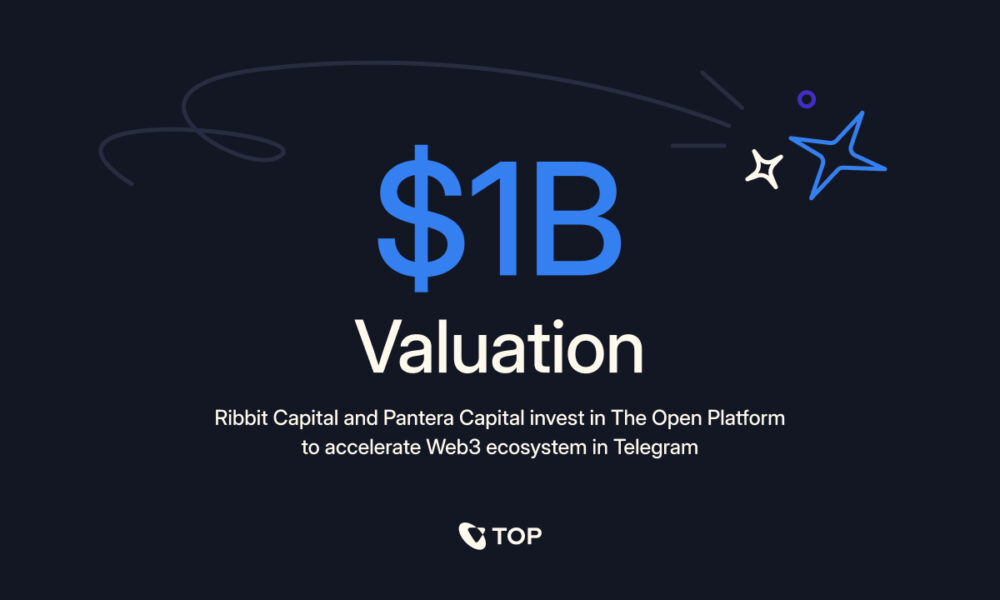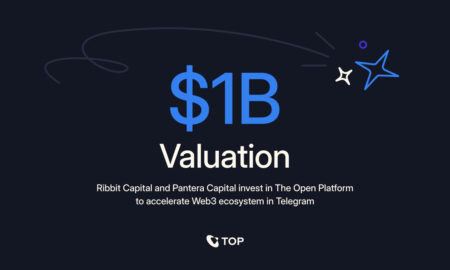In the world of online business, affiliate marketing is one of the most popular and accessible ways to make money. Traditionally, people think of affiliate marketing as requiring a website to create and distribute content, but that’s not necessarily the case. With the rise of social media, video platforms, and alternative ways of connecting with audiences, it’s entirely possible to run a successful affiliate marketing business without a website. In this article, we’ll explore how you can get started with affiliate marketing without a website, the strategies that work best, and the potential challenges you may face along the way.
Understanding Affiliate Marketing Basics
Affiliate marketing involves promoting products or services on behalf of a business. When a person you refer makes a purchase, you earn a commission. This straightforward model is widely adopted across many industries, from fashion and beauty to finance and loans. For instance, Lead Stack Media, a reputable loan affiliate program, offers affiliates the chance to promote lending services and earn commissions based on completed applications or approvals.
In affiliate marketing, you typically use an affiliate link, a unique URL that tracks the people who click on it and make purchases. If you can attract people to click on that link, you can potentially make money—regardless of whether you have a website.
Why Skip the Website?
Running a website involves technical expertise, costs, and ongoing maintenance. For many new affiliate marketers, the time and cost associated with managing a site can be daunting. Without a website, you’re free from hosting fees, domain purchases, and the continual optimization needed to keep a site performing well in search engines. Instead, you can direct your energy toward platforms where people already spend their time—social media, video sites, email, and online forums. These platforms provide many creative opportunities to connect with audiences and promote products effectively.
Best Strategies for Affiliate Marketing Without a Website
Affiliate marketing without a website isn’t just possible—it can be highly profitable. Here are several effective strategies to consider:
1. Social Media Marketing
Social media platforms are powerful tools for reaching large audiences quickly. Facebook, Instagram, Twitter, TikTok, and LinkedIn all provide unique opportunities to connect with potential customers. By building a personal brand or niche-focused account, you can create a loyal following that trusts your recommendations.
For example, if you’re promoting financial services, you can create engaging posts or videos discussing personal finance tips and include your affiliate links for relevant products, such as those offered by Lead Stack Media. By offering value and establishing credibility, people are more likely to trust your suggestions and follow your links.
2. YouTube and Video Marketing
YouTube remains one of the most popular platforms for product reviews, tutorials, and demonstrations. Video content allows you to showcase a product’s benefits, show how it’s used, and explain why it’s worth purchasing. If you’re promoting loans or financial services, you can create content that educates viewers on personal finance, budgeting, or loan options.
When using YouTube for affiliate marketing, include your affiliate links in the video description and remind viewers to check the description for links. You can also mention these products during your videos to make sure viewers know they can get more information through your links.
3. Email Marketing
Building an email list is one of the most powerful tools you can have in affiliate marketing. If you don’t have a website, you can still grow an email list through social media or by collaborating with other influencers and brands. Offering a free digital resource, such as an e-book or a checklist, is a popular way to attract subscribers.
Once you have an email list, you can send personalized messages promoting your affiliate products. For instance, if you’re promoting loans, you could send emails on financial literacy, with links to trusted loan providers like Lead Stack Media for those interested in learning more.
4. Content on Third-Party Platforms
Publishing articles and guides on third-party platforms such as Medium, Quora, and Reddit can provide substantial exposure without a website. Medium allows you to write blog-style posts and include affiliate links when relevant. Quora is a question-and-answer platform where you can respond to user queries about topics related to your niche, and Reddit is home to numerous communities where you can engage in meaningful conversations.
On these platforms, provide genuine answers, helpful information, and links to your affiliate products only when relevant. By building credibility and providing valuable content, you can attract readers who are more likely to click on your affiliate links.
5. Paid Advertising
For affiliates with some budget to invest, paid ads can be an effective way to reach a targeted audience. Platforms like Facebook, Instagram, and Google allow you to create ads that can drive traffic directly to your affiliate links.
For example, if you’re promoting financial services, you could run ads highlighting tips for managing personal loans and link to your affiliate offer in the ad copy. Be cautious with this strategy, as paid advertising can be costly, especially without a clear return on investment (ROI). Before running ads, make sure you’ve researched your target audience and are familiar with the ad platform’s guidelines on affiliate links.
6. Influencer and Collaboration Marketing
Collaborating with influencers or other content creators in your niche can help you reach new audiences quickly. Find creators in your niche and offer to share each other’s affiliate links, or even pay for shoutouts or posts featuring your links. This method allows you to benefit from the influencer’s audience trust, which can increase the likelihood of conversions.
Challenges of Affiliate Marketing Without a Website
While affiliate marketing without a website is possible, it comes with its own set of challenges. Here are some obstacles you may face and how to overcome them:
- Building Credibility: A website can help establish trust with your audience. Without it, you’ll need to rely on other methods, such as consistently delivering valuable content, engaging with your followers, and being transparent about your recommendations.
- Traffic and Reach: Without a site, it can be harder to grow a consistent audience. Platforms like social media and YouTube require time and effort to build a following. However, creating a clear content plan and being consistent with your posting schedule can help.
- Platform Limitations: Many platforms have strict rules on affiliate marketing, especially with direct links. Social media sites and email providers may flag your account if they detect too many direct affiliate links. Use link shorteners or landing pages to keep your links clean and avoid detection.
- Tracking and Analytics: Without a website, it can be challenging to track your performance metrics. However, many affiliate programs provide basic tracking options. You can also use unique tracking URLs to gain insight into which platforms and strategies are most effective for you.
Final Thoughts
Affiliate marketing without a website is not only possible but can also be lucrative if approached strategically. With various platforms available for reaching your audience, from social media to video and email, there are plenty of opportunities to promote products and services effectively. Success in affiliate marketing comes down to choosing the right platforms, understanding your audience, and being consistent with valuable content that attracts clicks and conversions.
For example, Lead Stack Media provides a robust affiliate program for those interested in promoting financial services. By aligning with a trusted provider and applying these strategies, you can find ways to generate income through affiliate marketing without the need for a website. Embrace the platforms that resonate most with your audience, provide genuine value, and affiliate marketing success can be within reach—even without a traditional website in place.



































